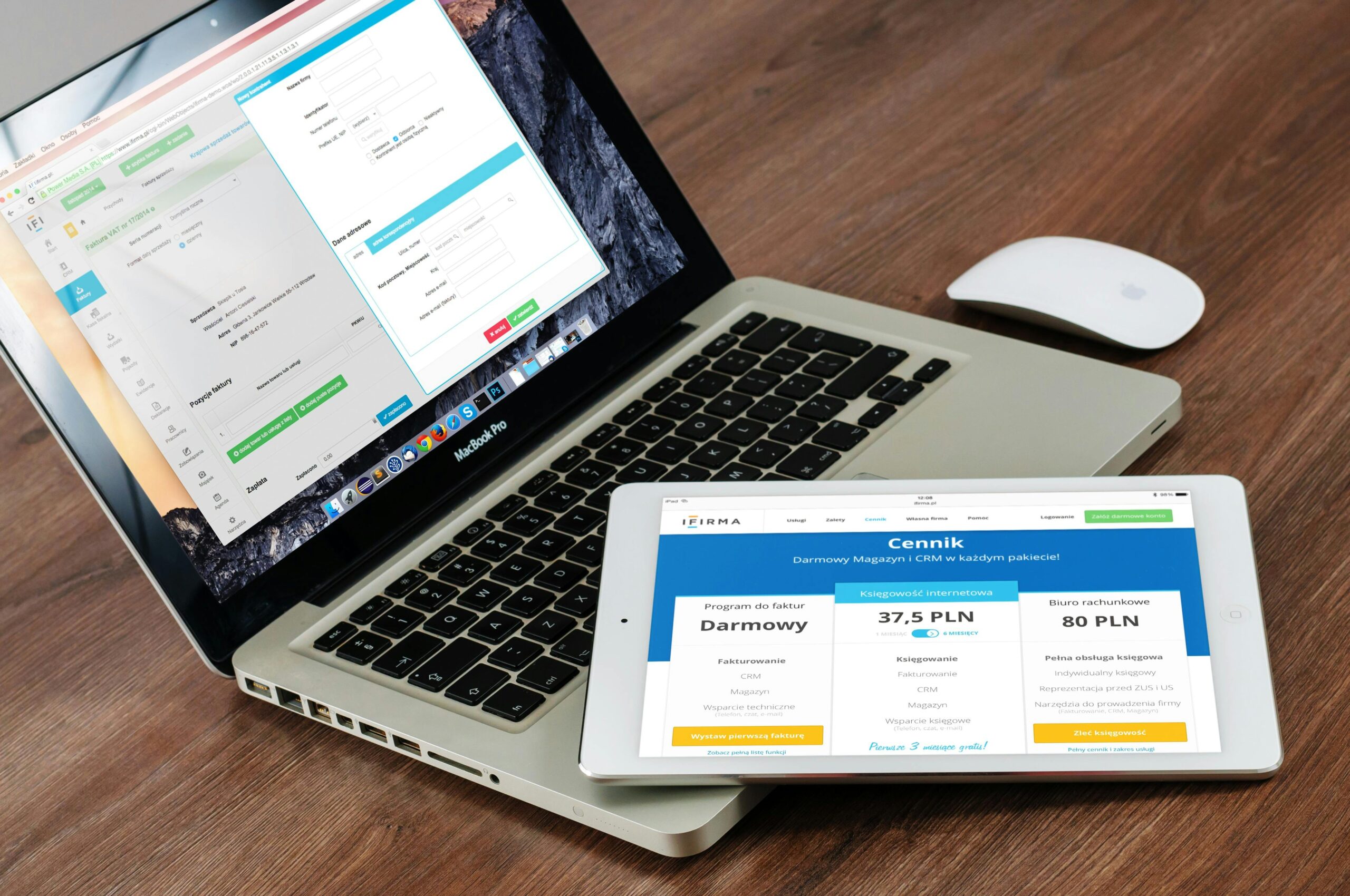
An eCommerce Product Manager plays a crucial role in shaping the digital shopping experience. If you’ve ever shopped online and had a seamless experience, chances are a skilled eCommerce PM was behind it. From strategizing product launches to optimizing user journeys, this role is pivotal in the success of online businesses. In this guide, we cover everything you need to know about becoming an eCommerce Product Manager—from skills and tools to salary expectations and career pathways.
What is an eCommerce Product Manager?
An eCommerce Product Manager (PM) is a professional who oversees the planning, development, and optimization of products or services sold online. They act as the bridge between business stakeholders, development teams, designers, and customers. The primary goal of an eCommerce PM is to ensure that online products meet market needs while aligning with business objectives.
Unlike traditional product managers who may work on physical goods or internal tools, eCommerce PMs focus exclusively on online stores, digital marketplaces, and mobile commerce platforms. They consider every touchpoint a customer has with a product—from search and discovery to checkout and post-purchase support.
This role is cross-functional and highly strategic. eCommerce PMs often work in fast-paced environments, requiring them to make data-driven decisions quickly. They’re expected to understand market trends, customer behavior, and technological advancements. Whether working for a startup or a multinational retailer, eCommerce PMs drive online revenue growth and customer satisfaction.
What Does an eCommerce Product Manager Do?
The day-to-day responsibilities of an eCommerce Product Manager are diverse. Their tasks may vary depending on the size and maturity of the organization, but generally include:
- Developing Product Strategy: Defining the vision, goals, and roadmap of the online product based on market research and business objectives.
- Understanding User Needs: Conducting interviews, surveys, and user testing to identify pain points and opportunities for enhancement.
- Coordinating with Teams: Working closely with designers, developers, marketers, and sales teams to execute the product vision.
- Creating and Prioritizing Roadmaps: Managing the backlog, setting priorities, and planning sprints using agile frameworks like Scrum or Kanban.
- Analyzing Data: Monitoring KPIs such as conversion rate, bounce rate, customer lifetime value (CLTV), and cart abandonment to make informed decisions.
- Running A/B Tests: Testing variations of features to determine what improves user engagement and sales.
- Monitoring Competition: Keeping an eye on competitors and industry trends to stay ahead in the market.
- Ensuring Compliance: Making sure the platform complies with legal standards, data protection regulations, and accessibility guidelines.
A successful eCommerce PM is both a strategist and an executor. They must constantly iterate and improve based on data and feedback.
Who Can Become an eCommerce Product Manager?
Anyone with a passion for technology, online shopping, and customer experience can pursue a career in eCommerce product management. While a background in tech or business helps, it’s not strictly necessary. People from diverse fields—marketing, design, analytics, operations—often transition successfully into product roles.
Here’s who is most suited for this career:
- Analytical Thinkers: People who enjoy making sense of data and solving problems.
- Communicators: Individuals who can bridge communication between technical and non-technical teams.
- Customer Advocates: Professionals with a strong sense of empathy for user needs.
- Organized Leaders: Those who can manage multiple projects and stakeholders simultaneously.
Whether you’re a college graduate, a mid-career professional, or someone looking for a pivot, product management in eCommerce offers a promising path.
When Should You Consider Becoming an eCommerce PM?
You should consider transitioning to an eCommerce Product Manager role if:
- You want to work at the intersection of business, technology, and customer experience.
- You’re already involved in product-related tasks and want a formal role.
- You’re passionate about digital commerce and consumer behavior.
- You’re seeking a career with strong growth, flexibility, and high earning potential.
The eCommerce industry is booming, especially with the global shift toward online retail. This makes now an excellent time to build a future-proof career in this field.
Where Do eCommerce Product Managers Work?
eCommerce PMs work in a wide variety of settings:
- Retail Giants: Amazon, Walmart, and other large retailers have extensive PM teams.
- DTC Startups: Brands that sell directly to consumers online often need nimble, fast-moving PMs.
- Agencies: Marketing and development agencies hire PMs to manage client projects.
- Marketplaces: Platforms like Etsy or eBay employ PMs to manage different aspects of the user journey.
- B2B eCommerce: Companies that sell to other businesses also need PMs to manage digital catalogs and platforms.
Remote and hybrid roles are increasingly common, allowing professionals to work from virtually anywhere.
Skills Needed to Be an eCommerce Product Manager
To excel as an eCommerce PM, you’ll need to develop a combination of soft and hard skills:
Core Skills
- Product Strategy: Understand how to create and execute a product vision.
- Customer Research: Ability to conduct qualitative and quantitative research.
- Technical Literacy: Familiarity with HTML/CSS, APIs, and product development processes.
- Data Analysis: Competency in tools like Excel, Google Analytics, or SQL.
- UX/UI Principles: Know what makes a great online shopping experience.
- Agile Methodologies: Experience with Scrum, Kanban, or other frameworks.
Soft Skills
- Communication: Explaining concepts clearly to different audiences.
- Empathy: Understanding and prioritizing user needs.
- Time Management: Juggling deadlines and managing stakeholder expectations.
- Leadership: Inspiring and aligning teams toward a shared goal.
Tools Used by eCommerce Product Managers
Mastering key tools is essential for efficiency and success. Common tools include:
- Analytics & Data: Google Analytics, Mixpanel, Tableau
- Project Management: Jira, Trello, ClickUp, Asana
- Prototyping & Design: Figma, Adobe XD, InVision
- Collaboration: Slack, Confluence, Notion
- A/B Testing: Optimizely, VWO, Google Optimize
- eCommerce Platforms: Shopify, Magento, WooCommerce, BigCommerce
- Customer Feedback: Hotjar, Typeform, UsabilityHub
Knowing how and when to use these tools is as important as the tools themselves.
Salary Range for eCommerce Product Managers
Salaries vary depending on experience, location, and company size. Here’s a detailed breakdown:
| Experience Level | Salary Range (USD/year) |
|---|---|
| Entry-Level (0–2 years) | $70,000 – $90,000 |
| Mid-Level (3–5 years) | $90,000 – $120,000 |
| Senior-Level (5–10 years) | $120,000 – $160,000 |
| Director/Lead (>10 years) | $160,000 – $200,000+ |
Big tech companies and funded startups tend to offer the highest compensation, often including equity, bonuses, and other perks.
(Source: Glassdoor, Indeed)
How to Become an eCommerce Product Manager
Becoming an eCommerce PM involves education, experience, and continuous learning. Here’s a step-by-step guide:
Step 1: Learn the Basics
Understand the foundations of product management through courses on platforms like Coursera and Product School.
Step 2: Explore eCommerce
Build or manage a small online store. Learn tools like Shopify or WooCommerce and study online buyer behavior.
Step 3: Gain Practical Experience
Start with internships, freelance gigs, or cross-functional projects in your current role. Demonstrate impact and document your results.
Step 4: Build a Portfolio
Create case studies that showcase your problem-solving abilities, metrics tracking, and project outcomes.
Step 5: Network and Learn
Join communities like Mind the Product, ProductHunt, or relevant LinkedIn groups. Attend webinars, conferences, and product meetups.
Step 6: Join Axion.pm
At Axion.pm, we offer guided mentorship, real-world projects, and access to tools that help you transition into your dream role.
Why Choose Axion.pm?
Transitioning into product management can feel overwhelming—but it doesn’t have to be. Axion.pm is designed to make your journey smoother, faster, and more effective.
- Mentorship: Learn directly from senior eCommerce PMs who’ve done it before.
- Real Projects: Work on live projects that simulate real-world scenarios.
- Career Support: Get help with resumes, mock interviews, and job placement.
- Community: Join a growing network of aspiring and experienced product managers.
Whether you’re starting from scratch or looking to level up, Axion.pm is your ultimate launchpad.
Conclusion
eCommerce Product Managers are the architects of online shopping experiences. As eCommerce continues to dominate the global market, the demand for skilled PMs is skyrocketing. This role offers a blend of creativity, analysis, leadership, and customer empathy.
By mastering the right skills, leveraging the right tools, and connecting with expert mentors through platforms like Axion.pm, you can build a rewarding and impactful career. If you’re ready to step into this exciting role, now’s the time to start.
Sources:

